Insider Tips for Buying a New Home

Buying a new home can be the experience of a lifetime, and nothing compares to the thrill of finding your perfect house. But people often let their emotions lead, and sometimes impulsiveness can make buying a home a little difficult.
These insider tips will help you find the perfect house without succumbing to common home-buying pitfalls:
1. Manage Your Credit Score
Avoid opening new credit cards or taking out loans for three to six months before you apply for a mortgage. That includes co-signing loans for someone else. All can affect your credit score, and you don't want to raise any red flags when trying to finance your house. Request copies of your credit report to verify that there are no errors and work on paying the full balance on each account, or at least more than the minimum each month, to help improve your credit score.

Find out what you can afford.
It's often beneficial to use a calculator to help plan your budget and finances for your pending conditional approval.
2. Know the Difference Between Pre-Qualified and Pre-Approved
Pre-qualification is often the first official step in buying a new home and can sometimes be a requirement to complete before a real estate agent will agree to work with you. The pre-qualification number isn't a formal commitment to lend a certain amount, especially if there's no formal application. It's more of a snapshot of your finances that gives you a better idea of what kind of mortgage is within your reach. Keep in mind that, although the information in the pre-qualification letter will only include the information that you've shared with your lender, this is an important factor. It's often beneficial to use a calculator to help plan your budget and finances for your pending pre-qualification.
Preapprovals involve a more complex process than pre-qualification and are based on verified information. The lender will run a full credit and financial analysis, including work history, tax returns, debt repayment history, savings, and other assets.
3. Review Your Property Survey and Inspection
Property surveys reveal important information about exactly how much of the yard you'll own, any improvements or changes that have been made, and potential obstacles you'll face as the owner. For instance, if you plan to build a workshop in your backyard or make other significant additions, you want to be certain where your property ends and what your rights include. Make sure that you know who owns the fencing, whether driveways are shared, and where the flood hazards are.
When it comes to property inspections, sellers often have their homes pre-inspected in order to mitigate the risk of buyers from walking away from a deal because of an undisclosed or unknown issue, like foundation or outdated electrical. However, even when an inspection has been done by the sellers, buyers should consider hiring their own inspector to get an unbiased report. And, if you're buying new construction, getting an inspection is still important to avoid any surprises.
Another thing to keep in mind is that with these surveys, it's common to find property encroachments. When this happens, you are aware of the encroachment and can prepare to assume any risk associated with it.
4. Visit the Home Several Times Before You Buy
Make a point of visiting the home on several different days at varying times, so long as time allows. When it rains, look for leaks in the basement. If it's chilly, find out if there's a draft coming through the windows and walls. Stopping by in the evening may reveal that a neon sign nearby will make it impossible to sleep or that the noise from the local surroundings is louder than you can tolerate.
5. Meet Your Prospective Neighbors
Chat with the folks across the street and get their take on the neighborhood. What do they like about the area? What are their gripes? Even a perfect house can become unlivable if the surrounding environment isn't very friendly.
6. Personalize Your Offer
Buyers who include personal notes in their offers could motivate sellers to choose their bids over others. When you visit the house, look for clues about who the owners are. Then find ways to connect through shared circumstances or common interests. Perhaps you both have children or grandchildren, graduated from the same alma mater, or share a love of bird watching. Tell them what drew you to the property. Be sincere – people want to know that a buyer will love their house as much as they did, so don't be afraid to open up.
7. Buy Off-Season
Housing prices are lower during winter than they are in summer, so hold off on buying until then if you can. Listings tend to be more plentiful in the warmer months – patience and diligence are key when house-hunting in winter. But you may get a better price by not competing with everyone else.1


